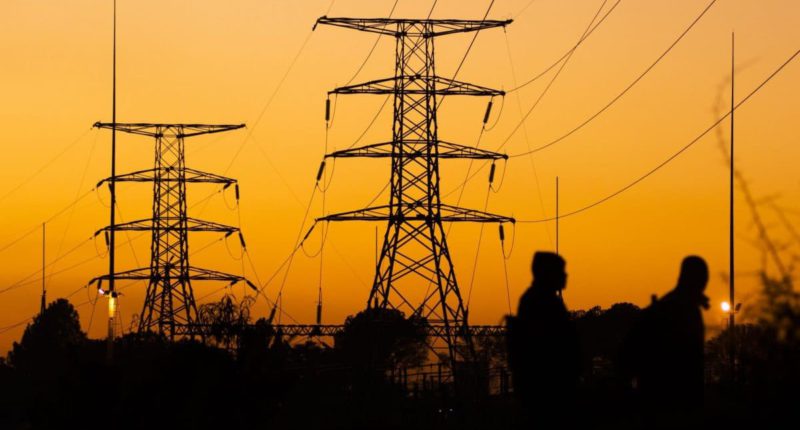Making good of their threats, Nigeria’s electricity workers under the aegis of the National Union of Electricity Employees (NUEE) cut off power supply nationwide, throwing homes, businesses and facilities into darkness. And embarked on a two weeks warning strike.
These daring acts earned the electricity workers an emergency meeting with the Minister of Labour, Dr Chris Ngige, Minister of Power, Mr Abubakar Aliyu, Minister of State for Power, Mr Goddy Jedy-Agba, the representative of the Head of Service, and other stakeholders in the country’s power sector.
The electricity workers suspended the strike after the stakeholders set up a committee to look at the electricity unions’ request and develop solutions in two weeks.
But how did this brief strike affect Nigerians?
Current situation
Throughout the year, the country’s power sector has been a cause of concern for Nigerians and the federal government. The national grid collapsed to zero megawatts for almost the 10th time in 2022 alone, at a time when the cost of diesel is hovering around N800 per liter and the cost of Premium Motor Spirit recently hiked to N179 per liter despite the over N5 trillion Nigeria’s government currently pays as subsidy.
Effect of the brief strike
A breakdown of the electricity invoices according to Nigerian Bulk Electricity Trading (NBET) Plc states that Nigeria could lose N3 billion for each day of a strike. The average monthly invoice stands at N60 billion per month and N720 billion per year, which amounts to N3 billion per day. Seeing that the duo of the failing of the power grid and the strike action lasted for well over six hours, Nigeria could have speculatively lost millions of naira.
An obvious effect of the brief strike by electricity workers is the blackout in many parts of the country. The blackout forced businesses in the country to seek alternative sources of power despite the high cost of diesel and fuel.
What you should know
Although Nigeria privatized its power sector eight years ago, the federal government still controls the transmission of electricity in Nigeria hence the premise of a strike by the electricity workers.
The demands of the electricity workers border on better welfare of members and also displeasure at the “Transmission Company of Nigeria (TCN) and Federal Government for reneging on an agreement that was signed 3 years ago.”

